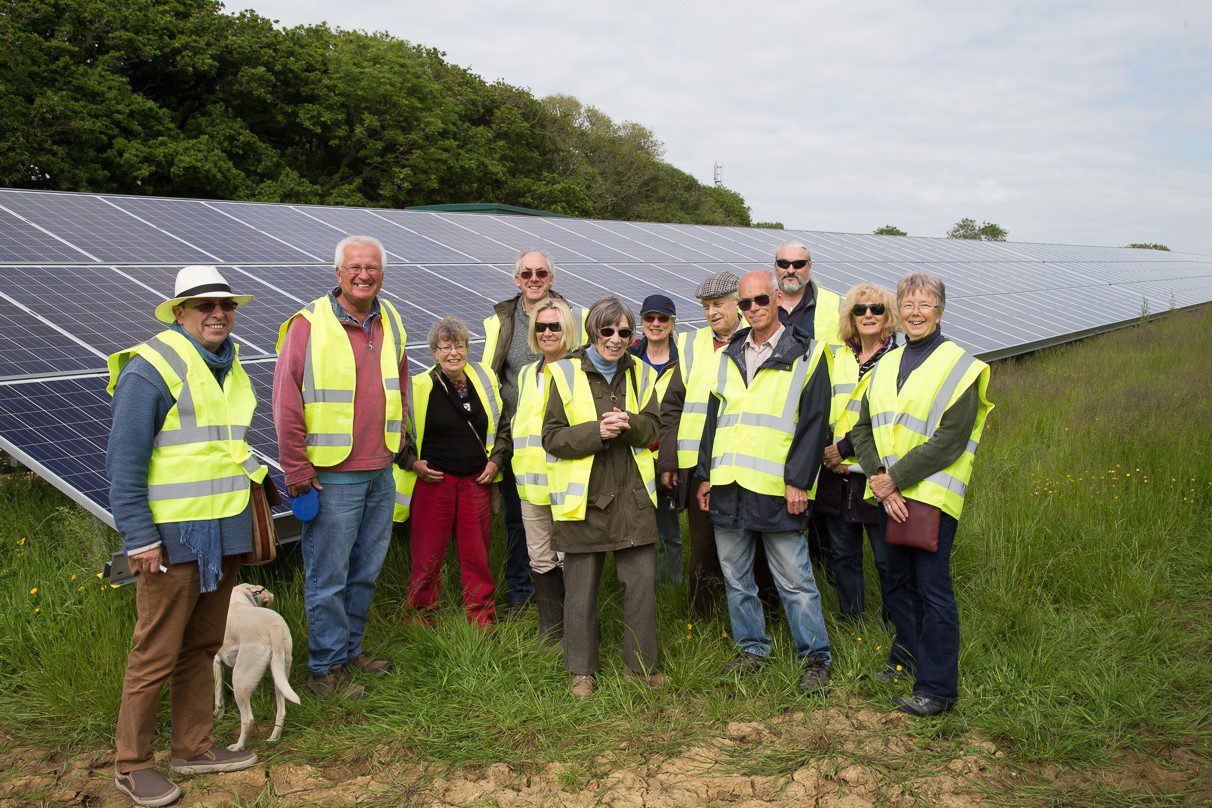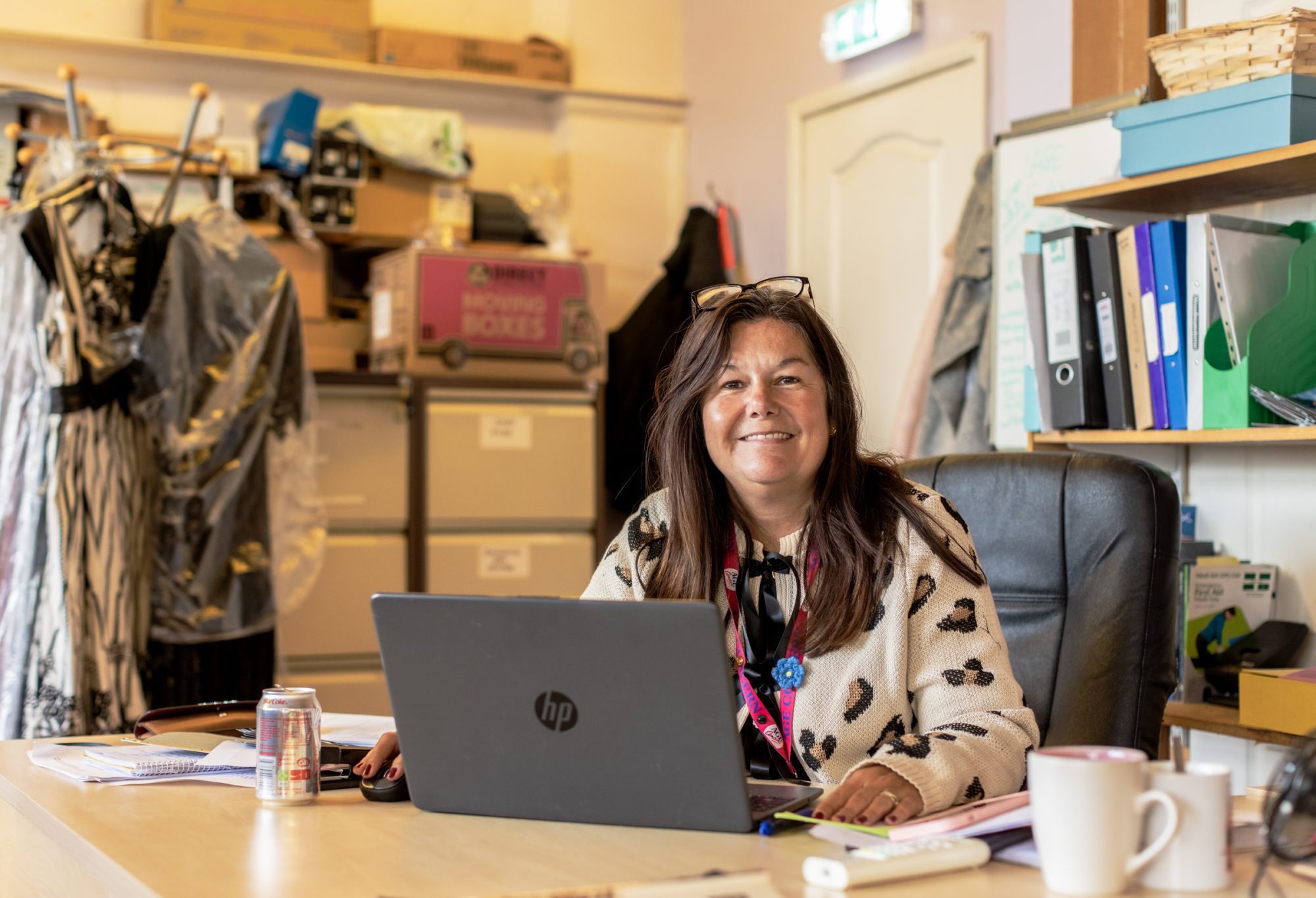The six solar farms work in collaboration and are supported by Community Owned Renewable Energy (CORE) Partners. Profits generated by the farms have been pooled into an annual community benefit fund that is managed by CORE. This new money is the second batch of funding to be released early by CORE and its advisors, Finance Earth, after a similar release in 2020. It brings total funding to support communities over the last two years to over to £255,000.
The funding has been allocated to:
- Yealm Community Energy, a 5MW solar farm near Plymouth, Devon, which received £10,000.
- Creacombe, a combined 7.3MW solar farm, also near Plymouth, which includes the UK’s first subsidy-free community solar farm, has received £2,400.
- Shropshire and Telford Community Energy, a combined 10MW solar farm near Whitchurch, Shropshire, has received £20,000.
- Brynwhilach, a 5MW solar farm near Llangyfelach, north of Swansea has received £10,000. Gower Power will now be able to lever in match funds to continue the development of its local energy supply partnership with Ecotricity, and also to reopen their small grants programme that supports local agroecological enterprise.
- Wight Community Energy, a 3.9 MW solar farm on the Isle of Wight, has received £8,000.
- Kent Community Energy, a 5MW solar farm near Sittingbourne, Kent, has received £10,000 and will use it to support a fair transition to net zero such as reducing fuel poverty and enabling energy efficiency retrofit.
CORE is a social investment partnership between Big Society Capital and charitable trust Power to Change. Its aim is to bring solar farms into community ownership and deliver lasting local community benefits.
Joe Shamash, Investment Director at Big Society Capital, said: “We set up CORE because we could see the critical role of community-led energy in ensuring a just transition to net zero emissions. CORE’s ability to generate funding for local initiatives throughout the pandemic also shows its value for supporting community resilience – even in the most challenging of circumstances.”
Vidhya Alakeson, CEO at Power to Change, said: “As we emerge from a third national lockdown, it’s clear to see that a year living with Covid-19 has exposed deep inequalities that have scarred our communities. But there is hope. CORE shows us how communities can take control of their local response to climate change, whilst building economic and social resilience.”
André Sarvarian, Associate Director at Finance Earth, said: “The last year has given both society and everyday people the opportunity to revaluate what’s important in our lives and shift energies and priorities towards activist voluntary actions towards improving both community resilience and sustainability to address climate change. The community benefit distributions these projects generate could one day make a significant contribution toward tackling these long term challenges we face.”
CORE has invested in nine solar farms with a combined capacity of c. 40MW and aims to transfer these into full community ownership by 2022, whilst maximising the financial, environmental and social impact for their local communities. After this process has been completed, they are expected to generate several million pounds over their lifetimes to be used for community benefit.
The first investment offers for the community solar farms are expected to be launched later this year, allowing local people to have a stake in their local green energy generating assets.
CORE and partners will be taking part in the Great Big Green Week in September, where communities will come together to take action on climate change. Find out more here.



